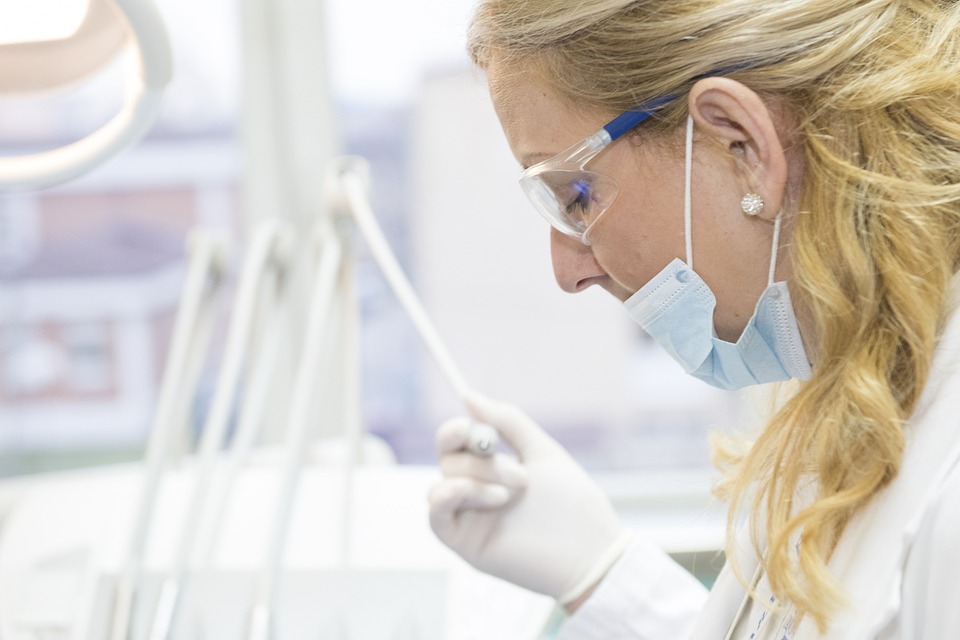
The fields of technology and medicine have always gone hand in hand. Millions of lives have been saved or improved over the years, thanks to the continuous advances in the field of medical technology. With constant new developments, it is not easy to shortlist the most useful of these technologies. Mentioned below are some of the latest medical technological trends according to Kemper Medical that have already made a significant impact in 2019.
Smart Inhalers: Inhalers have always been a reliable treatment option for individuals suffering from asthma. The recent development of Bluetooth-enabled smart inhalers has made it possible for the patients to better manage their condition. These inhalers have a small device attached which is capable of recording the time and date of each dose. Users can receive this data in their smartphones for the purpose of monitoring and controlling their condition.
Robotic Surgery: Mostly used in minimally invasive procedures, robotic surgery improves the control, precision, and flexibility of the procedure. Utilizing this type of surgery, it is possible to perform complicated procedures that are otherwise impossible or extremely difficult. In the near future, robotic surgery will be improved further by combining it with augmented reality.
Wireless Brain Sensors: A group of medical scientists and researchers have recently made use of plastic to create?bioresorbable?electronics for placement in the brain. Later, they can be dissolved when they are no longer required. With the help of this device, the doctors will be able to measure the pressure and temperature within the brain. The need for additional surgeries is reduced because the sensors can be dissolved.
3-D Printing: 3-D printers can be used to create joints and implants to be used during surgical procedures. The popularity of 3-D-printed prosthetics is increasing rapidly because they are entirely customized. As a result of digital functionalities, these devices can match an individual’s measurements down to the millimeter. This helps achieve unprecedented levels of mobility and comfort.
Artificial Organs: Considered to be a step above 3-D-printing, bio-printing is quickly emerging as an extremely useful technology. This technology has been utilized by scientists to create blood vessels, synthetic ovaries, and even a pancreas. These artificial organs grow within the body of the patients and eventually replace the faulty, original organs.
Health Wearables: Since the introduction of Bluetooth technology in 2000, we have seen the creation of many different wearable devices. These days, people make use of these devices to track their steps, physical fitness, and heartbeat, and even sleeping patterns. Late last year, Apple (News - Alert) released its cutting-edge Apple Series 4 Watch with an integrated ECG to monitor the heart rhythms of the user.
Virtual Reality: The advent of VR has allowed medical students to get extremely close to real life experiences. Sophisticated VR tools provide them a complete visual understanding of human anatomy and help them gain the experience they need. VR devices can be extremely helpful for patients, assisting with treatment plans, diagnosis, and preparing them for medical procedures.
Precision Medicine: Precision medicine is a personalized approach that allows physicians to select therapies and medicines based on the genetic make-up of the individuals. These medicines are used extensively to treat diseases such as cancer. This medicine is more effective compared to other treatments because it attacks the tumor based on the specific genes and proteins of the patient, and causes gene mutation.
Clustered Regularly Interspaced Short Palindromic Repeats (CRISPR): Widely accepted as the most advanced gene-editing technology till now, CRISPR functions by harnessing the natural immune system mechanisms of the invading viruses’ bacterium cells, which removes infected DNA strands. This elimination of DNA makes CRISPR powerful enough to transform the way diseases are treated now. With the help of gene modification, it may be possible to overcome the biggest threats such as HIV or cancer in a matter of years.
